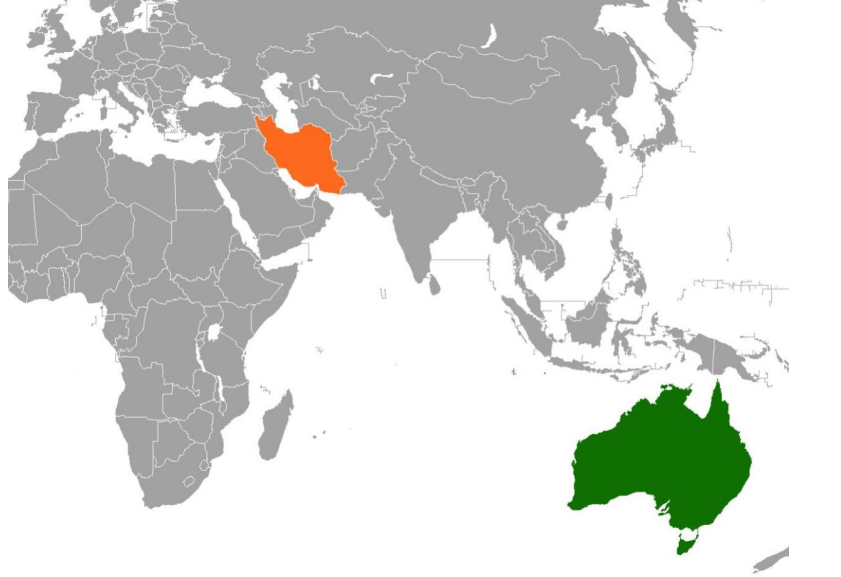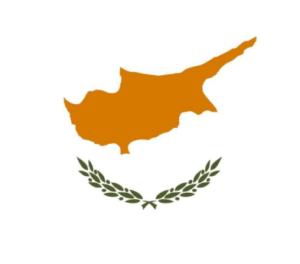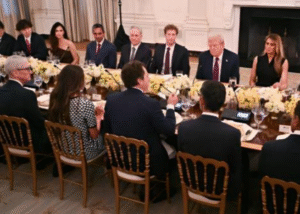Canberra Takes Unprecedented Diplomatic Step
In a dramatic escalation of tensions, the Australia expels Iranian ambassador after security agencies uncovered links between Tehran’s Islamic Revolutionary Guard Corps (IRGC) and a series of anti-Semitic attacks on Australian soil. The move, announced in Parliament, received rare bipartisan support as both the ruling Labor Party and the opposition Coalition described the step as “necessary to protect national security and democratic values.”
Prime Minister Anthony Albanese emphasized that Australia expels Iranian ambassador could not tolerate foreign-backed extremist activities targeting Jewish communities. He stated that while Canberra values diplomatic engagement, “the safety of our citizens must always come first.”
The Trigger: Attacks Against Jewish Communities
According to intelligence briefings shared with lawmakers, the IRGC’s involvement was uncovered during an ongoing investigation into coordinated anti-Semitic incidents across Sydney and Melbourne. These attacks included vandalism of Jewish schools, harassment campaigns against community leaders, and attempts to incite violence through extremist online networks.
Authorities concluded that the operations were not isolated hate crimes but part of a broader influence campaign with foreign backing. The evidence, described as “credible and direct,” implicated the IRGC—a paramilitary wing of the Iranian state previously accused of sponsoring terrorism worldwide.
Bipartisan Unity in Parliament
The decision to expel Iran’s ambassador was swiftly endorsed by opposition leader Sussan Ley, who urged the government to go further by considering the full designation of the IRGC as a terrorist organization. “Our Jewish community must know that Australia stands with them without compromise. Extremism must be met with zero tolerance,” Ley said.
Foreign Minister Penny Wong noted that while diplomatic relations with Iran will continue at a minimal level, the expulsion reflects “Australia’s deepest condemnation of state-linked extremism.” She added that other options, including sanctions targeting Iranian officials, remain under consideration.
Diplomatic Fallout with Tehran
Iran responded angrily, accusing Australia expels Iranian ambassador of “bowing to foreign pressure” and promising reciprocal measures. Tehran’s Foreign Ministry denied any IRGC involvement in the incidents.
Observers warn that relations between the two countries, already strained over human rights issues and nuclear policy disagreements, may deteriorate further. Analysts predict Iran may retaliate by expelling Australian diplomats from Tehran, further isolating bilateral ties.
Impact on the Jewish Community in Australia
Australia’s Jewish community, numbering over 100,000, welcomed the government’s strong stance. Community leaders described the expulsion as a “relief” and a “necessary response” after months of escalating threats.
The Executive Council of Australian Jewry praised authorities for acting decisively:
“This sends a clear message that extremist groups and their state sponsors will find no safe haven in Australia.”
However, community representatives urged continued vigilance, stressing that extremist networks often adapt quickly and could attempt further intimidation campaigns.
Regional and Global Context
Australia’s move comes amid growing international scrutiny of Iran’s overseas activities. Several Western nations, including the United States, United Kingdom, and Canada, have already designated the IRGC as a terrorist organization due to its sponsorship of militias and extremist groups in the Middle East.
Canberra had previously hesitated, citing risks to Australians detained in Iran. However, the new evidence appears to have tipped the balance in favor of stronger measures. Experts suggest this could bring Australia closer to its Five Eyes security partners as concerns rise over foreign interference.
Next Steps: Sanctions and Security Enhancements
The government is reportedly considering new sanctions targeting Iranian officials linked to the IRGC, including travel bans and asset freezes. Discussions are also underway to expand counter-extremism programs and strengthen monitoring of foreign influence operations.
The Australian Federal Police and intelligence services are expected to boost security cooperation with Jewish institutions and review funding for community protection grants.
Conclusion: A Turning Point in Australia–Iran Relations
The expulsion of Iran’s ambassador represents one of the most serious diplomatic rebukes Canberra has issued in decades. It underscores Australia’s determination to confront foreign-backed extremism and protect minority communities.
While the move will likely strain relations with Tehran, it has bolstered domestic unity, with both major parties standing together against extremist threats. For many Australians, particularly within the Jewish community, the government’s decision signals that national security and democratic values will not be compromised.
As tensions rise, the world will watch how Iran responds—and whether Australia expels Iranian ambassador decisive action prompts other nations to take similar measures against the IRGC’s global reach.









